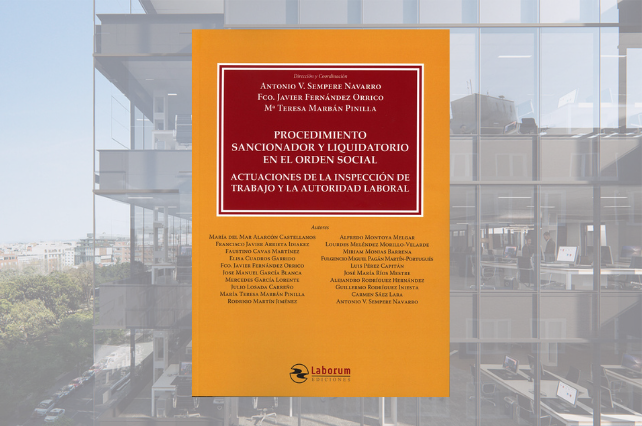The Repeal of Article 52.d) Does Not Prohibit Dismissal for Absenteeism, as Other Grounds for Disciplinary or Objective Dismissal Exist
Royal Decree-Law 4/2020, of February 18, has repealed, with immediate effect (from February 2020), the objective dismissal cause based on a situation of justified absenteeism (for intermittent absences even when justified) established in Article 52.d) of the Workers’ Statute. Thus, the Government endorses the most recent judicial doctrine, which considers this cause not only unjust but also contrary to international norms (Judgment of the High Court of Justice of Catalonia, January 17, 2020), thereby disauthorizing the Constitutional Court’s ruling of October 16, 2019, which had supported this type of dismissal.
This was a provision that previously legitimized the objective dismissal of workers who incurred absences from work, both justified and unjustified, exceeding certain percentages (20% of working days in two consecutive months, or 25% in four non-consecutive months within a 12-month period). The possible justified absences considered were limited, as Article 52.d) of the Workers’ Statute expressly excluded certain situations (a long list, including absences due to legal strikes, legal representation activities, work accidents, maternity, pregnancy risks, and lactation, etc.), reducing the scope to sick leaves for common contingencies lasting less than 20 days.
Until the 2012 labor reform, a certain level of overall absenteeism in the company (5%) was required for its application, which allowed for the analysis of adequacy and proportionality. With the removal of this requirement, dismissals for absenteeism under Article 52.d) of the Workers’ Statute were applied in Spain once the aforementioned percentages were reached, without expressly requiring an analysis of adequacy and proportionality in each individual case.
The so-called “absenteeism dismissal,” which was in effect until now, was a mechanism that legitimized the termination of employment contracts with the right to a reduced indemnity (20 days’ salary per year of service, capped at 12 months’ wages) in the event of either unjustified absences (not included in the aforementioned list) or sick leaves for common contingencies lasting less than 20 days that exceeded the specified percentages. These percentages applied only to the individual worker, and there were no mechanisms within the provision that considered the adequacy and proportionality of the termination in relation to the situation of the company.
Although it is clear that, from February 20 onwards, the cause of Article 52.d) of the Workers’ Statute will no longer be used to justify dismissal for unjustified absenteeism, even if the quantitative thresholds for absenteeism were met previously, it is uncertain whether open cases at that date should be resolved in accordance with the new law or according to the regulations in force at the time they occurred. In any case, regardless of the resolution that the courts may adopt, the legislator should have clarified the situation.
However, the repeal does not prohibit dismissal for unjustified absenteeism, which may still occur and be justified under the provisions of Article 54 of the Workers’ Statute, which regulates disciplinary dismissal (repeated and unjustified absences), nor does it prohibit dismissal for justified absenteeism. It would only convert such dismissals into unfair dismissals (compensation of 33 days’ salary per year of service, capped at 24 monthly payments), as other grounds for dismissals remain, such as objective dismissal due to incapacity.
The Government has defended the repeal of Article 54.2.d), among other reasons, explained in detail in the preamble of the law, as it is seen as an instrument that may lead to indirect discrimination based on disability and gender, as well as a risk of social exclusion for particularly vulnerable groups (Preamble of Royal Decree-Law 4/2010, February 18).


